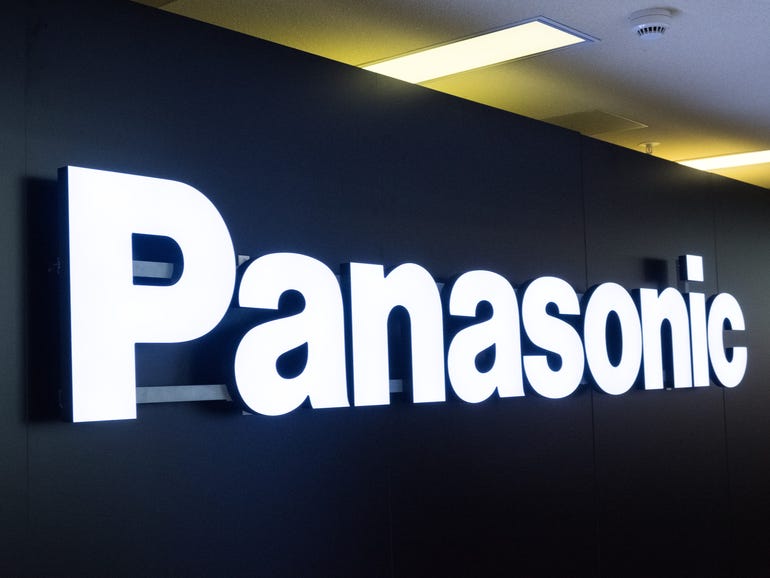
Panasonic has outlined the group will invest a total of ¥600 billion, $4.9 billion, over the next three years to fiscal 2025 in areas including automotive batteries and supply chain software as part of the company’s medium and long-term growth strategy.
The Japanese conglomerate said the total investment dollar would be divided so that ¥400 billion is put towards what it considers to be “growth areas”, such as automotive batteries and supply chain software, while the remainder ¥200 billion will be spent on technology such as cyber physical systems.
“While maintaining financial discipline, the group is to make groupwide strategic investments with the cash generated through enhancement of competitiveness, as well as the investments made by each operating company,” the company said in a statement [PDF].
The company is also targeting an accumulated operating profit of ¥1.5 trillion over the period.
Panasonic added that under the strategy it aims to reduce carbon emissions by more than 300 million tons by 2050.
The newly announced growth strategy by Panasonic follows years of aggressive acquisitions by the company to boost its portfolio in segments such as automotive batteries and supply chain software. Just last year, the tech giant closed a $7 billion acquisition deal with supply chain AI software provider Blue Yonder.
Prior to that, the company formed a joint venture with Toyota that specialises in automotive batteries.
Meanwhile, Sony Group announced the establishment of Sony Mobility, a new company that will be responsible for developing and commercialising a mobility service platform.
Sony said the new business unit will also take over some of the responsibilities of Sony’s Robotics Business Group, including overseeing the development of technologies such as the Aibo robot, Airpeak drone, self-driving SC-1 sociable cart, and the company’s own taxi-hailer app, S.Ride. The transfer of responsibilities is scheduled to be completed in September.
“The new company will also promote R&D and commercialisation activities targeting the creation of new AI robotics products and services,” Sony added.




















